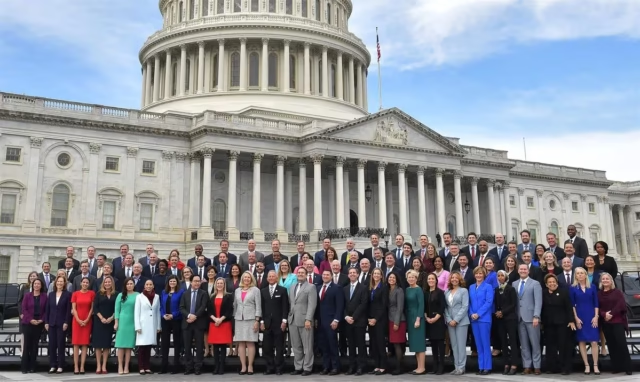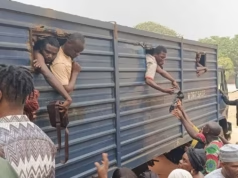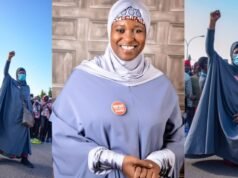US Congress and Trump Unite to End Anti-Christian Violence in Nigeria
A bipartisan commitment to tackle the persistent security crisis and alleged persecution of Christians in Nigeria has been voiced in Washington, D.C. United States Congressman Rep. Barry Moore confirmed that President Donald Trump and lawmakers from both political parties are “united and serious” about addressing the rampant violence plaguing the nation.
This declaration followed a high-level, closed-door meeting between U.S. officials and a Nigerian government delegation led by National Security Adviser (NSA) Mallam Nuhu Ribadu.
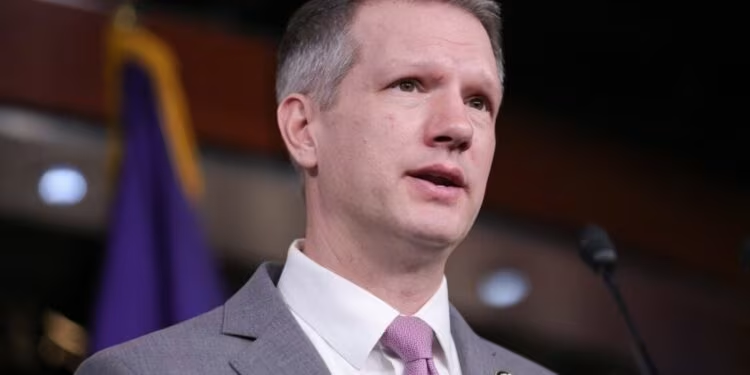
Table of Contents
Bipartisan Unity: Commitment from Trump and Congress
High-Level Dialogue: The Nigerian Delegation’s Visit
Focus Areas: Security, Persecution, and Cooperation
The Context: Persistent Violence Against Christians
1. Bipartisan Unity: Commitment from Trump and Congress
Rep. Barry Moore highlighted the strong consensus within the U.S. government regarding the security challenges in Nigeria. He stated that the unified approach from the Executive Branch (led by President Trump) and the Legislative Branch (Congress) underscores the gravity with which Washington views the situation.
This unity signals that U.S. policy toward Nigeria will likely prioritize security cooperation and diplomatic pressure aimed at safeguarding religious freedom and protecting vulnerable communities.
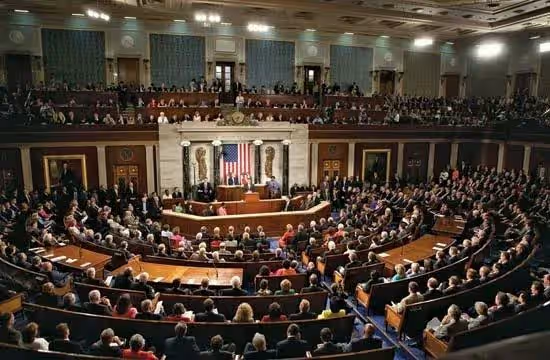
2. High-Level Dialogue: The Nigerian Delegation’s Visit
The meeting was a centerpiece of the Nigerian delegation’s official visit to the U.S. capital. The delegation was led by NSA Mallam Nuhu Ribadu, the Nigerian government’s principal security advisor.
The significance of the closed-door discussions lies in bringing Nigeria’s top security leadership directly to Washington to engage with influential U.S. lawmakers.
3. Focus Areas: Security, Persecution, and Cooperation
The agenda of the high-powered meeting was concentrated on critical, sensitive areas of concern:
Nigeria’s Ongoing Security Challenges: Discussing the general state of insecurity, including banditry, kidnapping, and communal clashes across various regions.
Alleged Persistent Persecution of Christians: Specifically addressing the continuous attacks and violence targeting Christian communities, which have been a major focus of international human rights groups.
Urgent Need for Closer Cooperation: Strategizing on enhanced collaboration between the U.S. and Nigeria to effectively curb terrorism and sectarian violence, including intelligence sharing and military training.
4. The Context: Persistent Violence Against Christians
Nigeria has long struggled with violence, particularly in the northern and central regions, where conflicts often take on a religious or ethnic dimension. Groups like Boko Haram and ISWAP remain active threats, primarily in the Northeast, while conflicts between herders and farmers in the Middle Belt frequently lead to significant casualties and destruction of property.
The U.S. government’s commitment to dedicating significant political attention and resources suggests a potential shift toward more targeted intervention and support aimed at bringing peace and stability to these troubled regions.
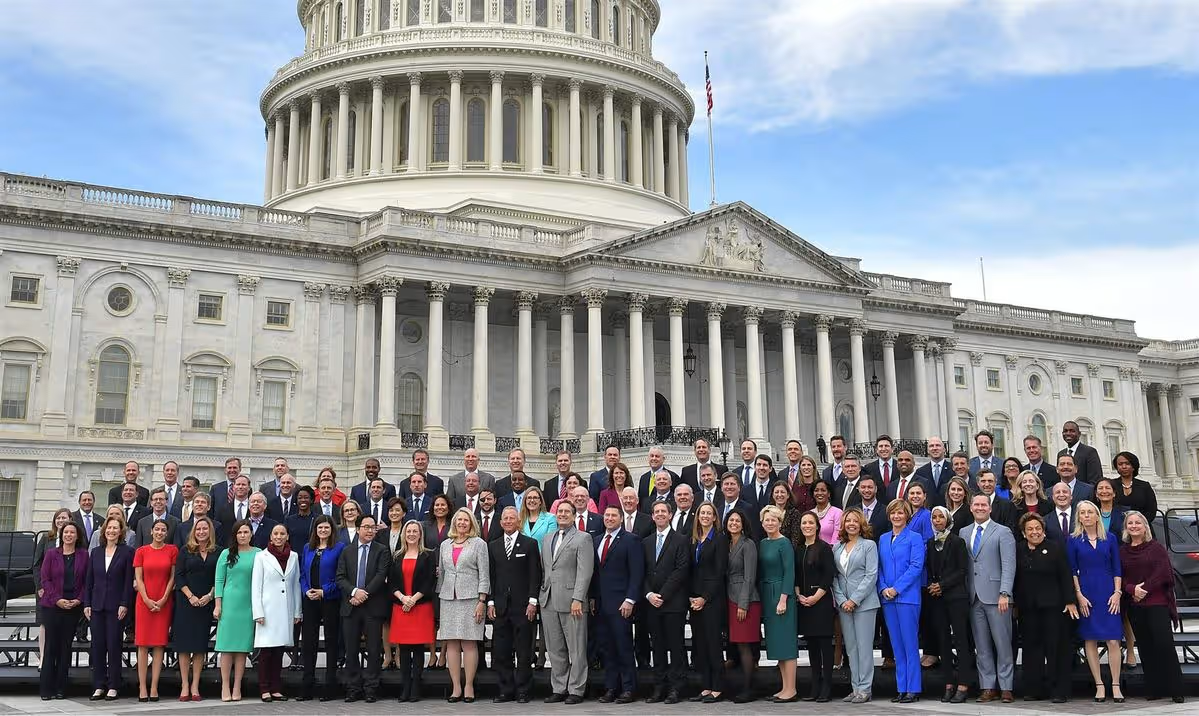
What specific measures (e.g., military aid, sanctions, or intelligence sharing) do you believe the U.S. should prioritize to effectively assist Nigeria in combating both terrorism and sectarian violence?
Join Our Social Media Channels:
WhatsApp: NaijaEyes
Facebook: NaijaEyes
Twitter: NaijaEyes
Instagram: NaijaEyes
TikTok: NaijaEyes


